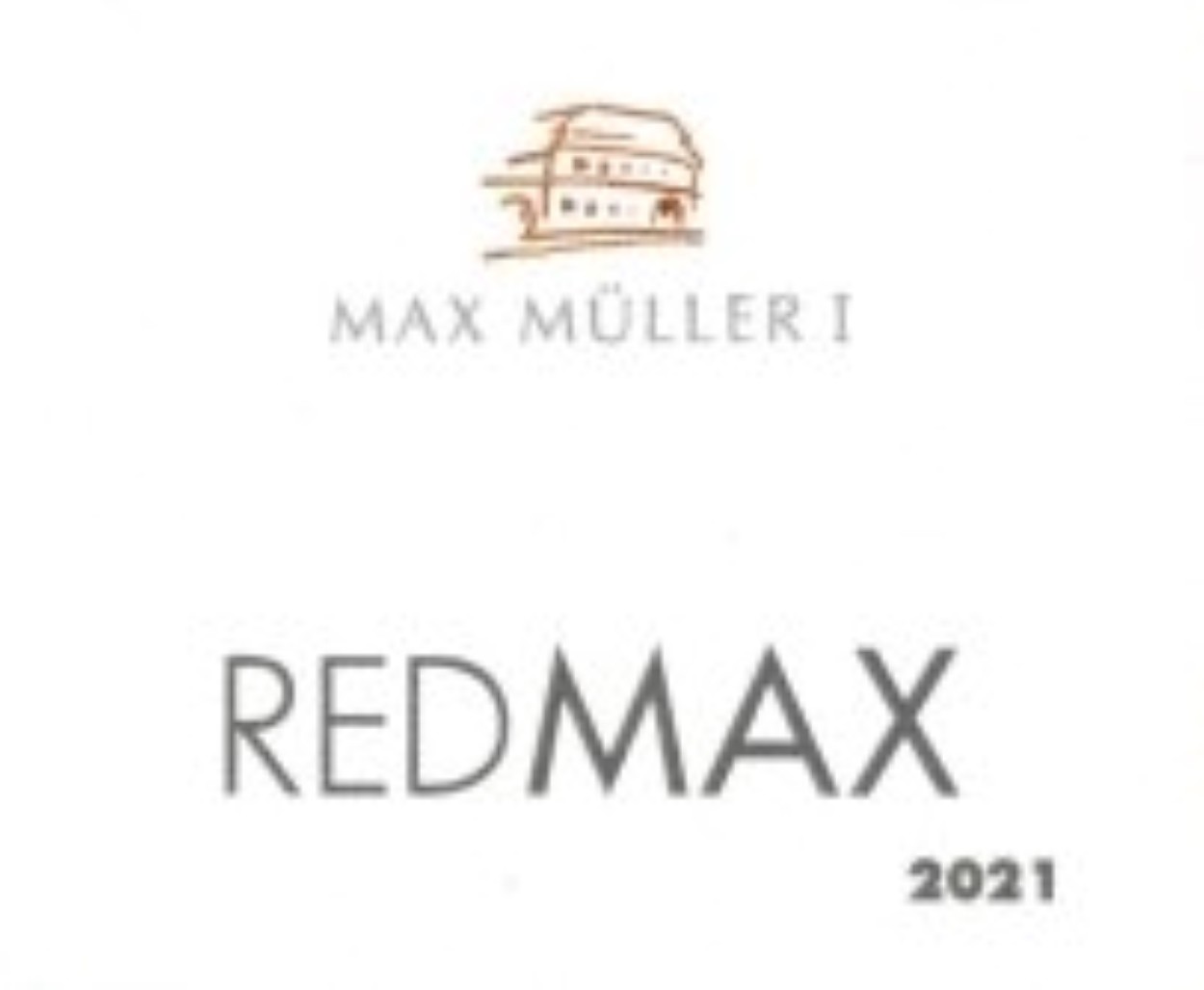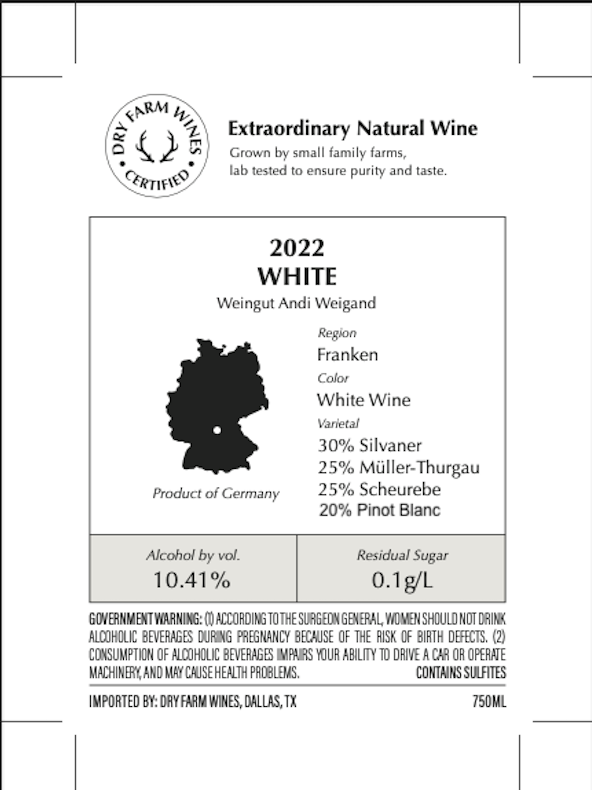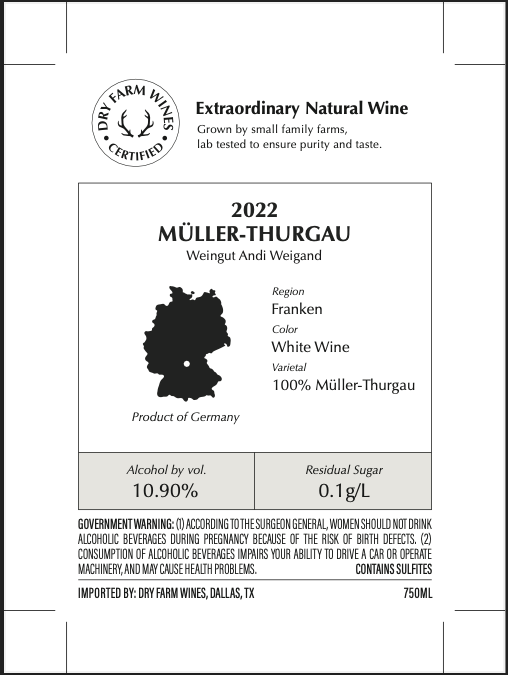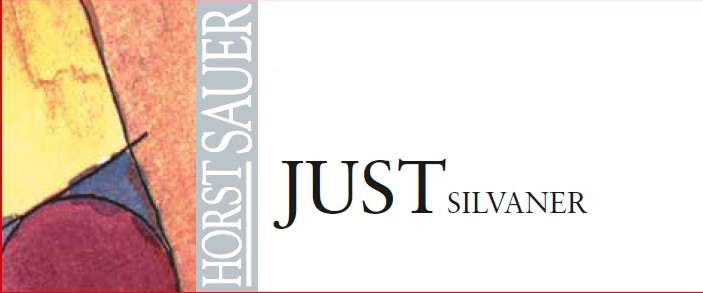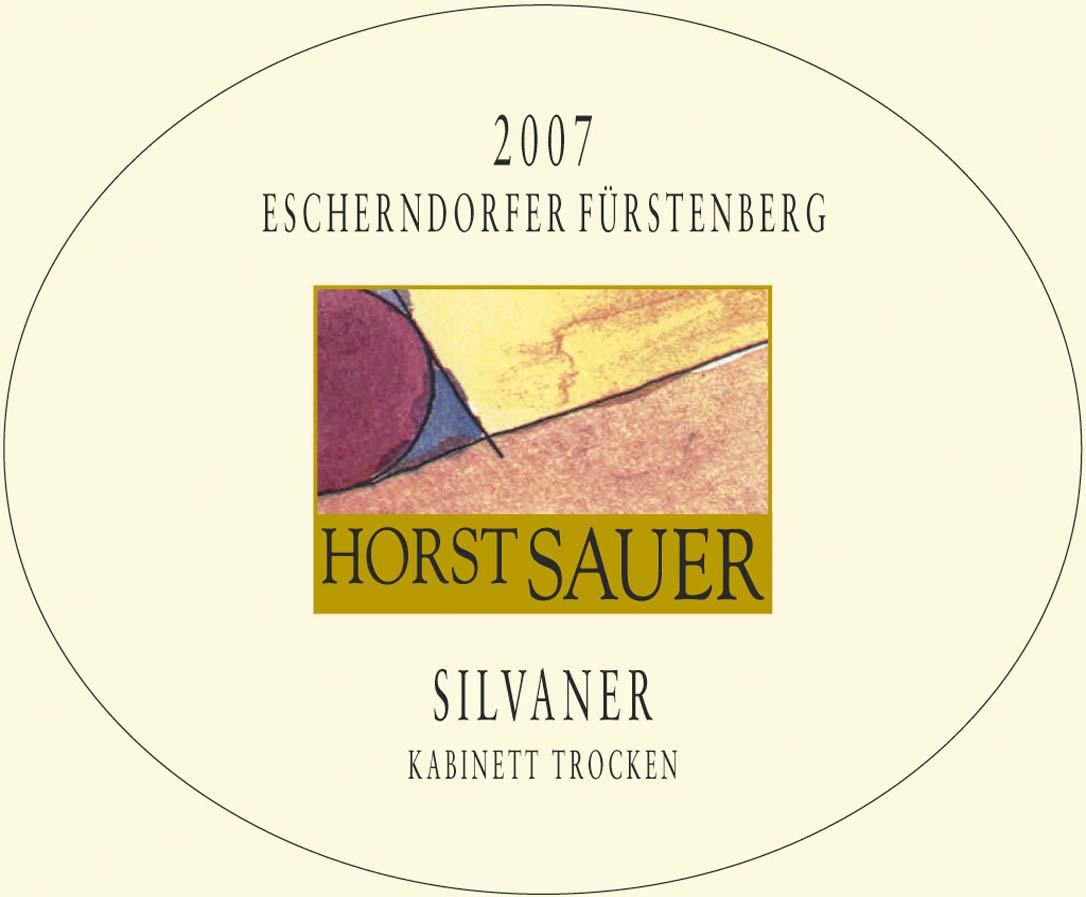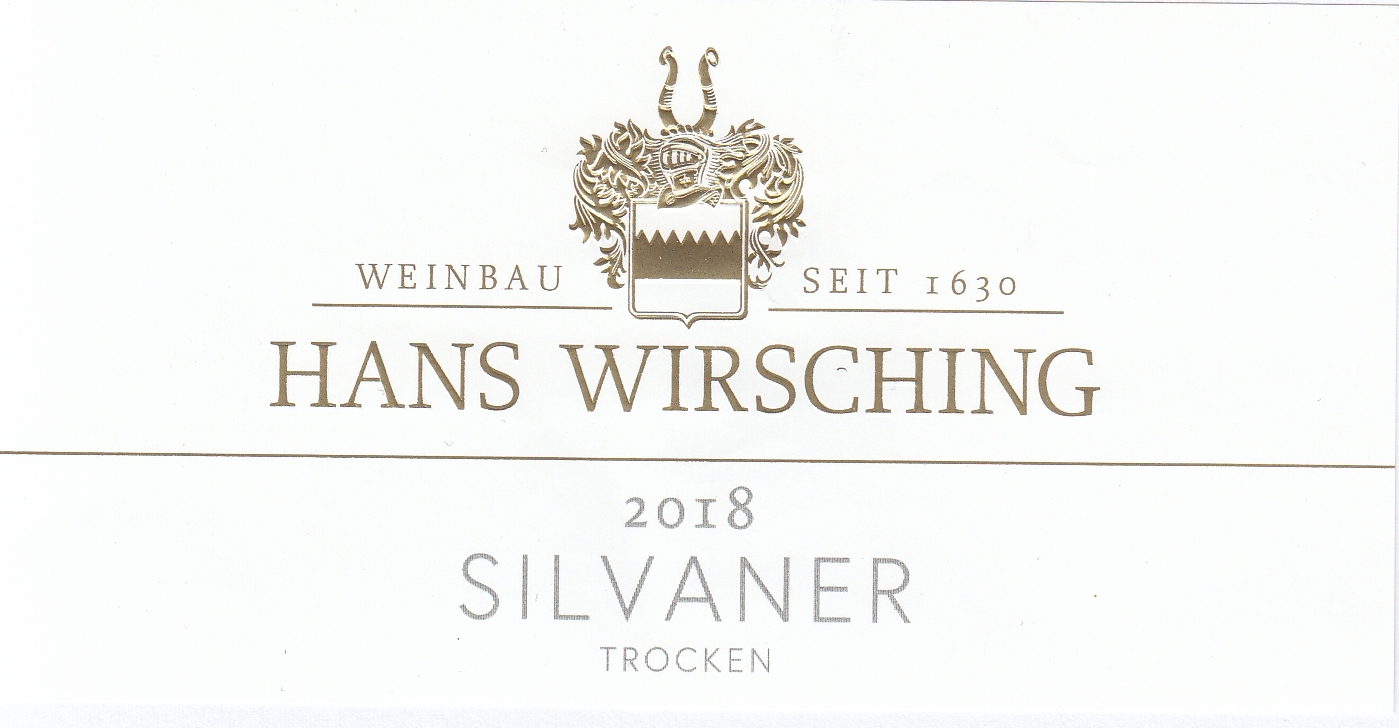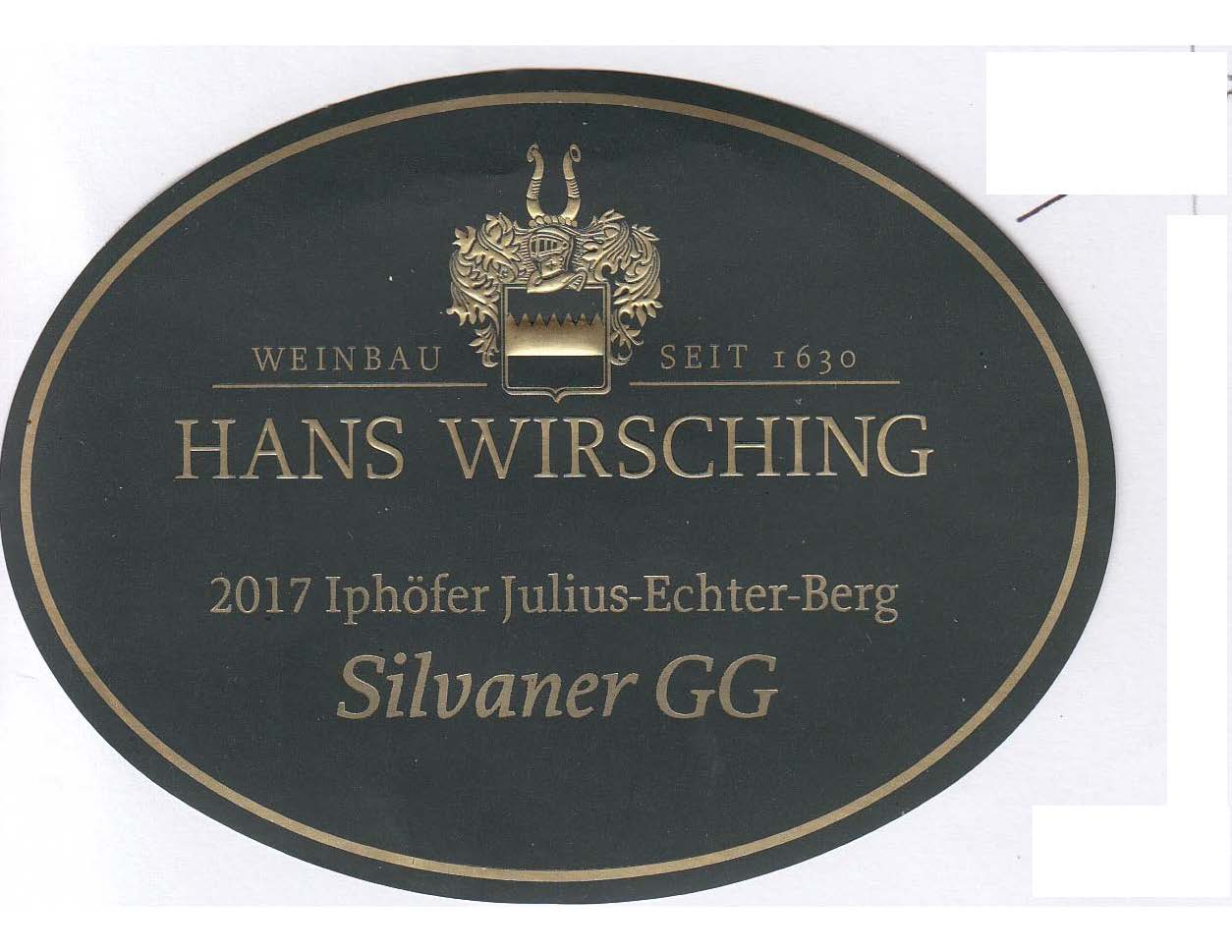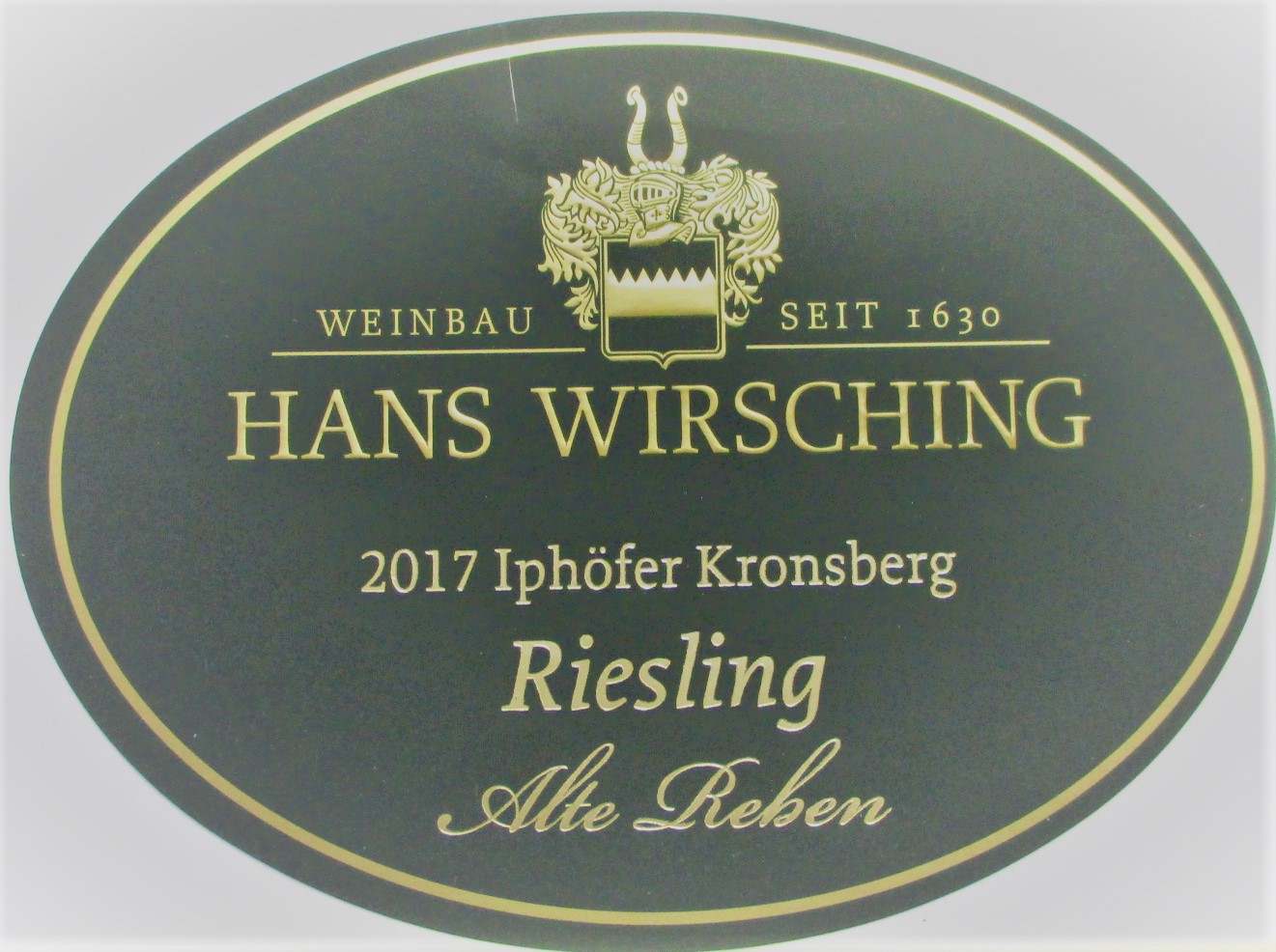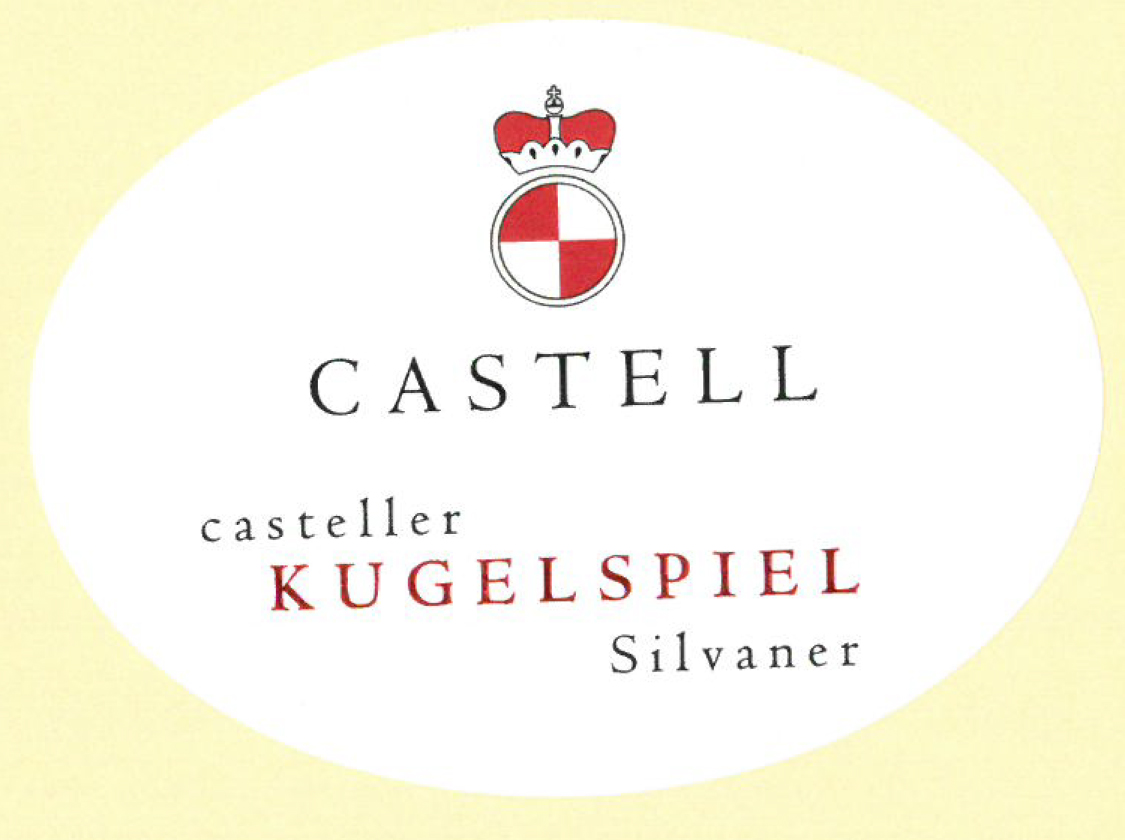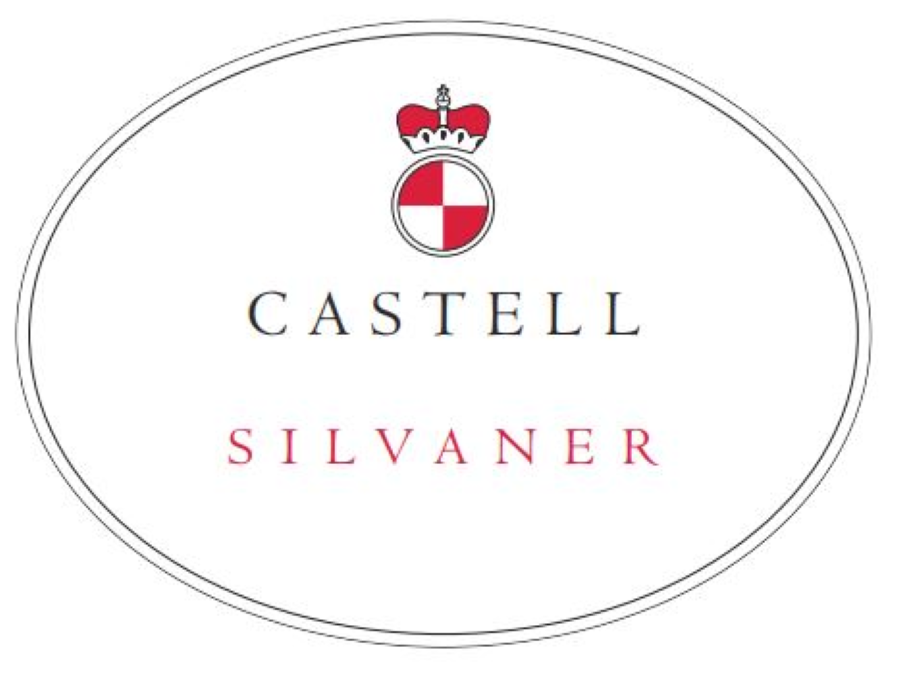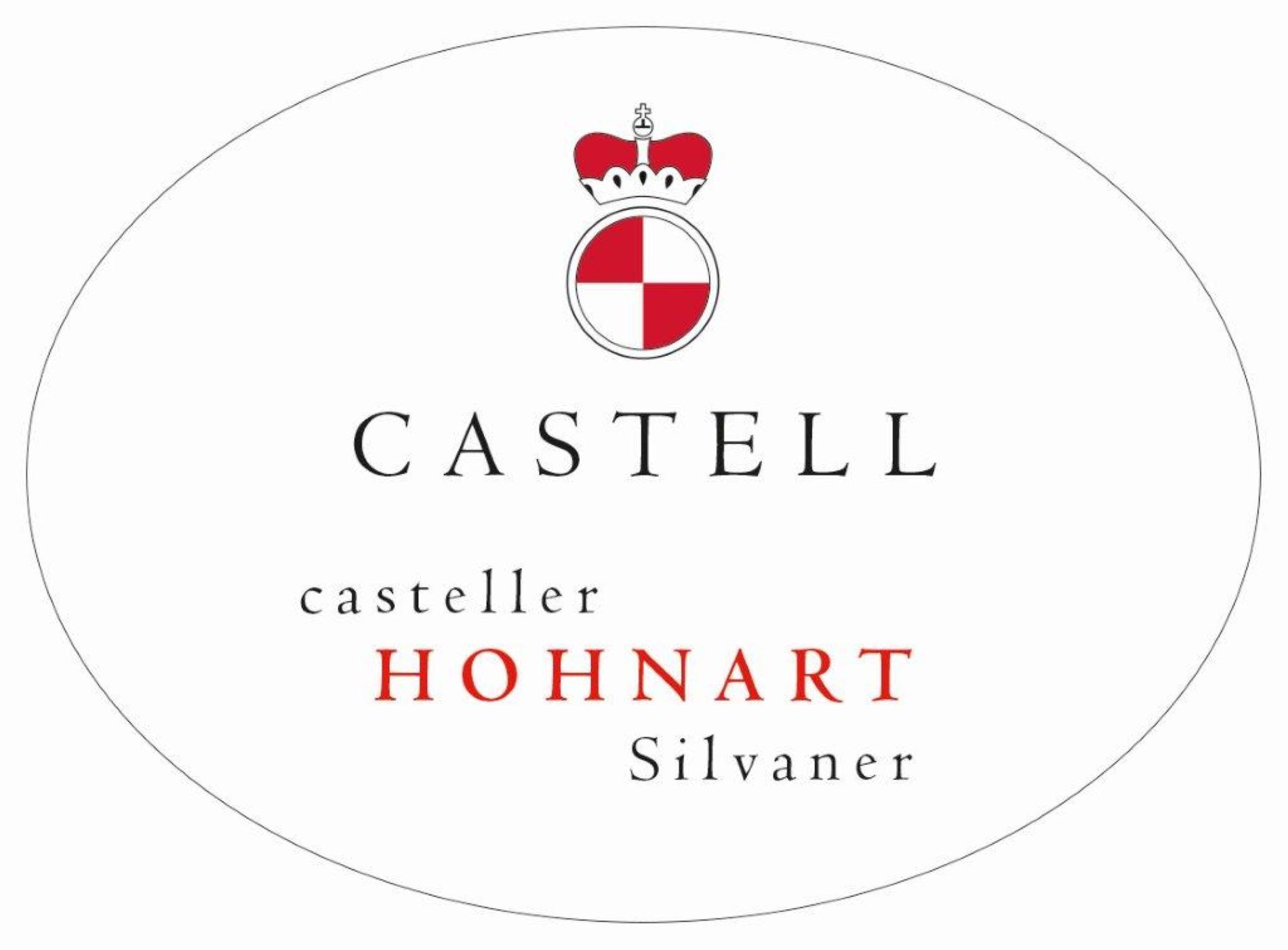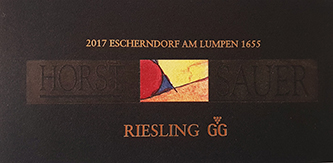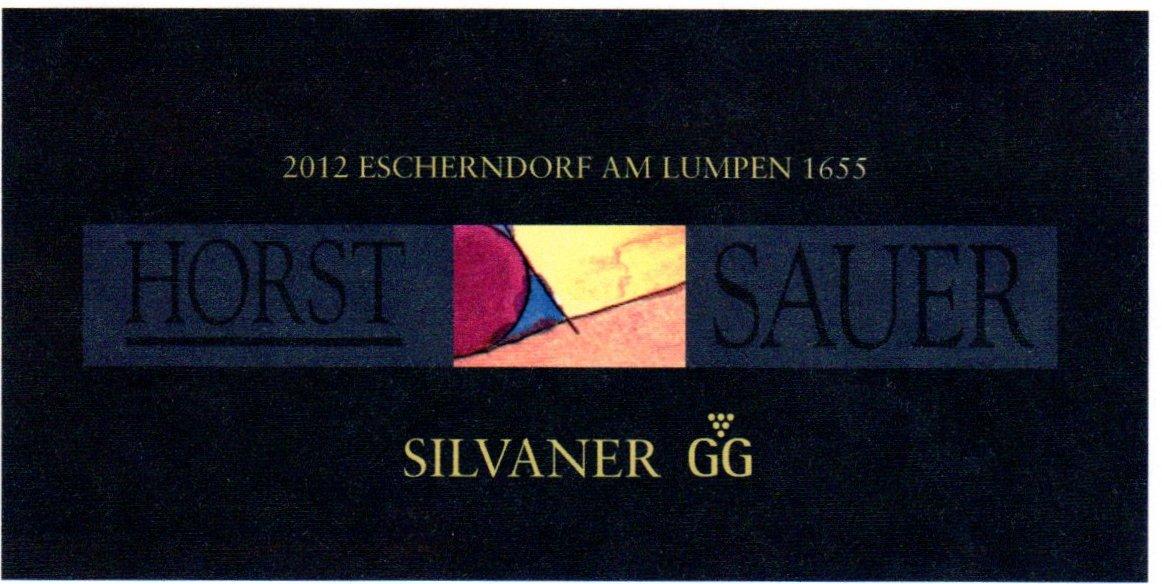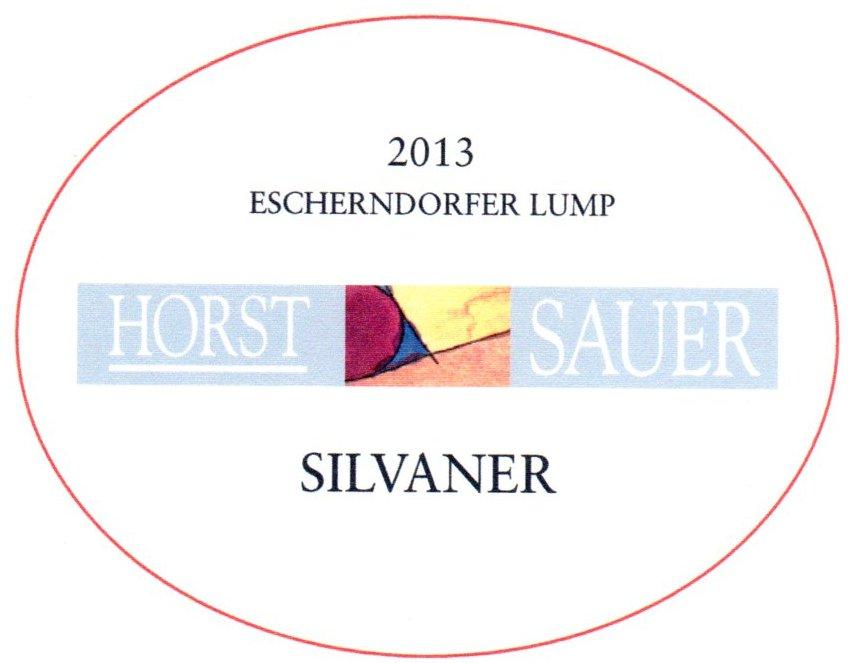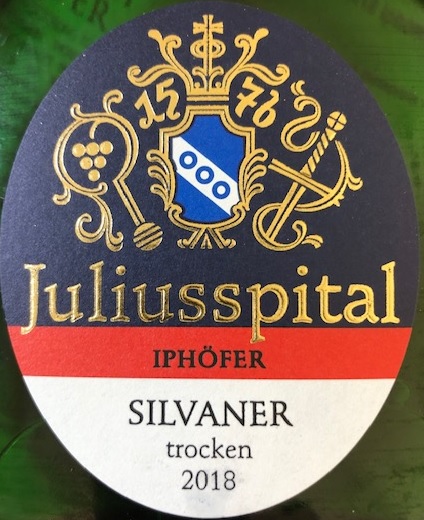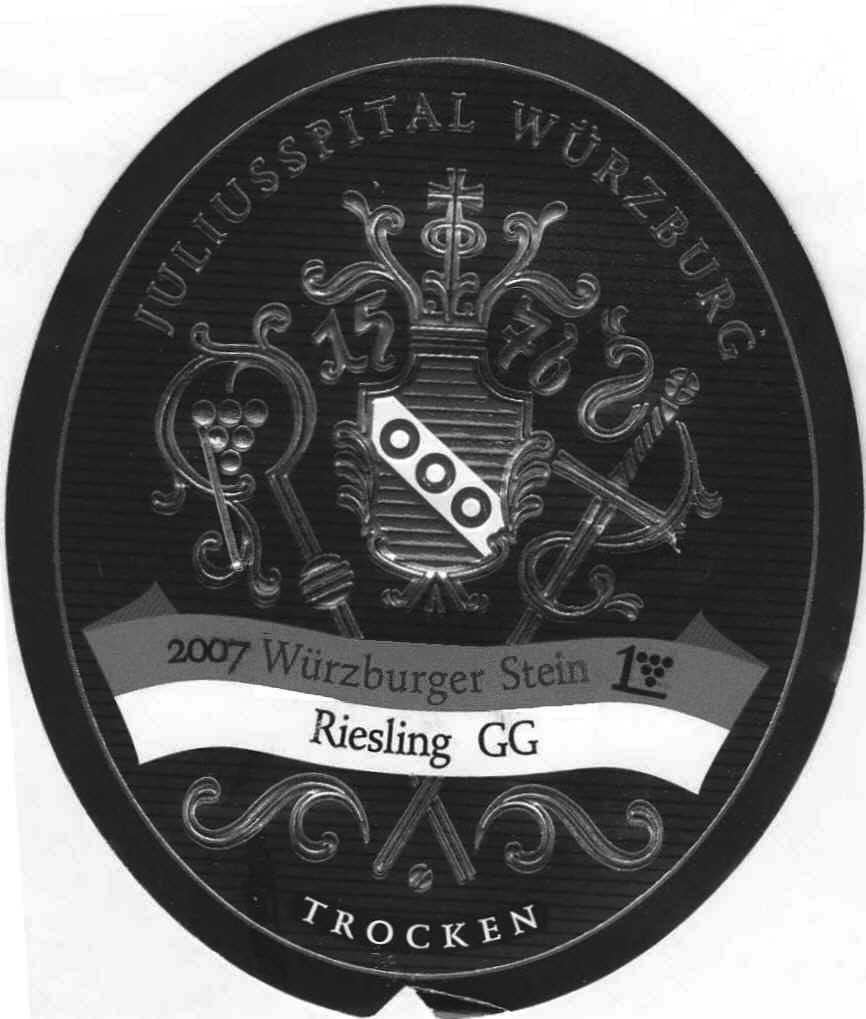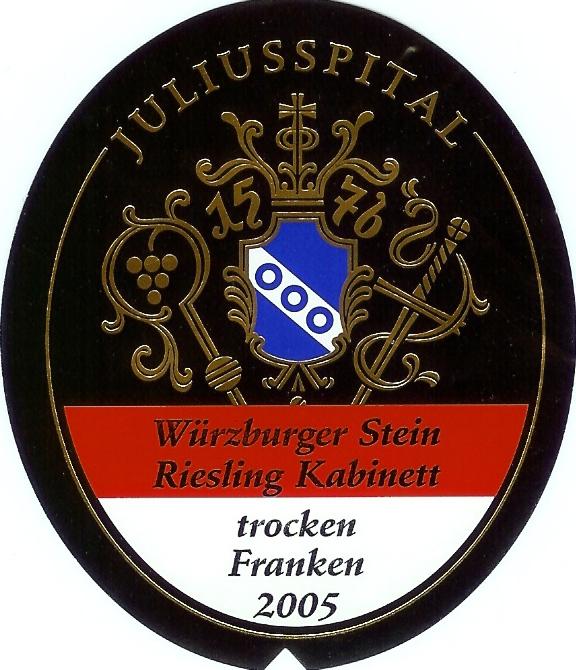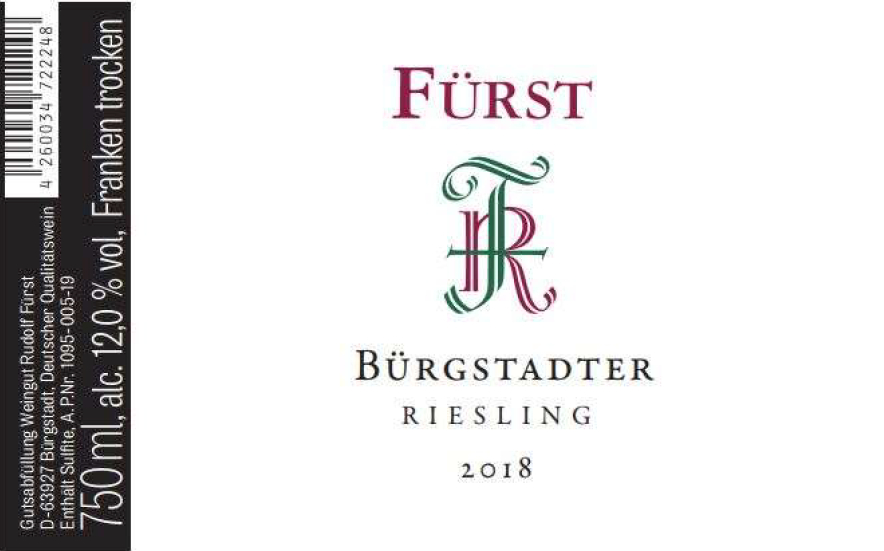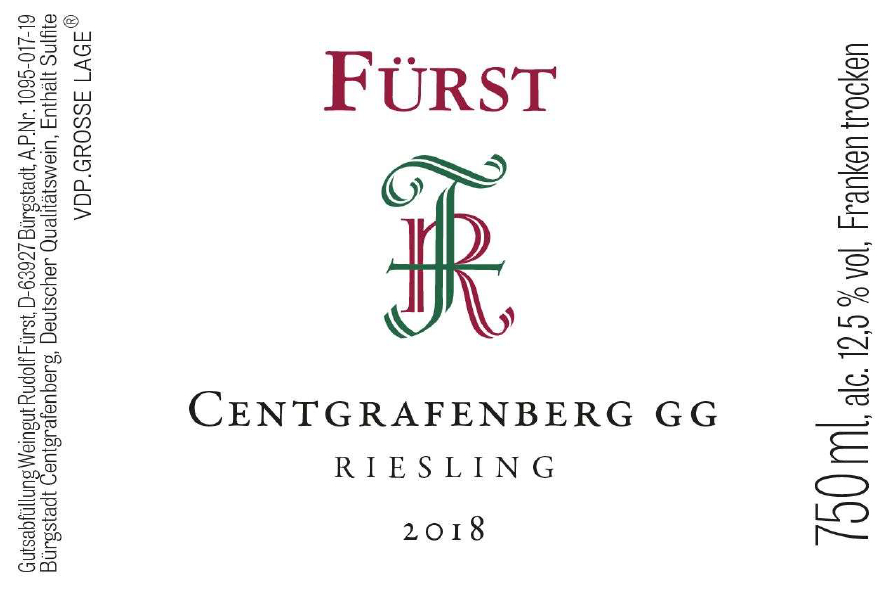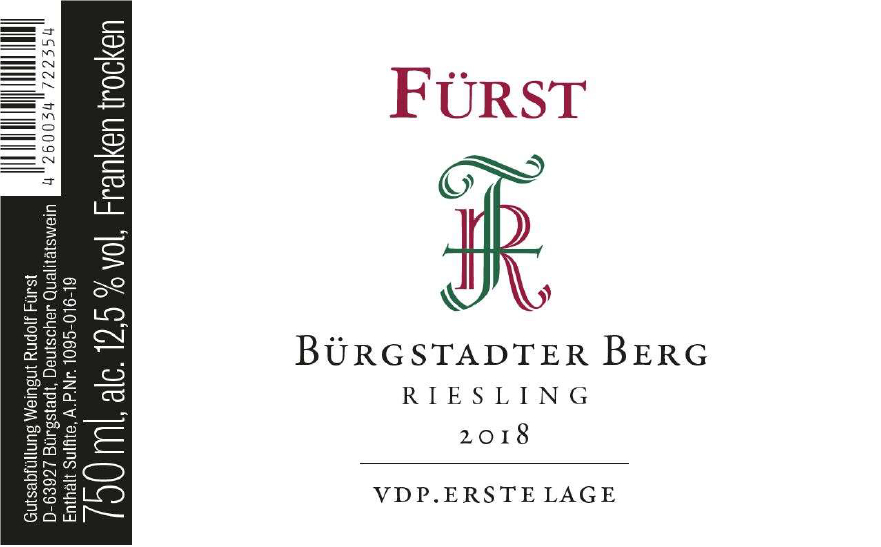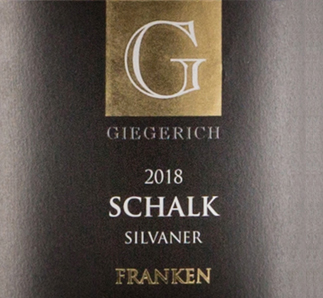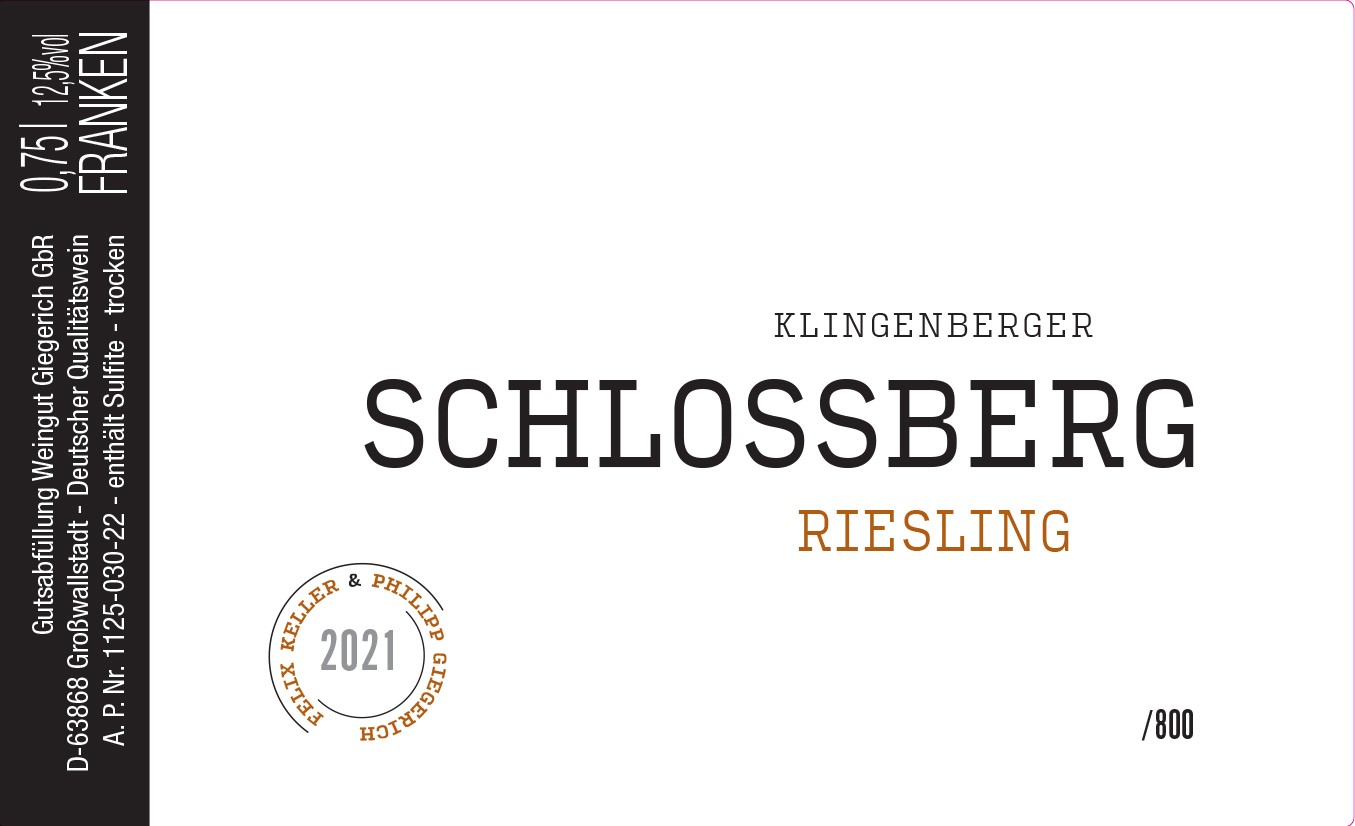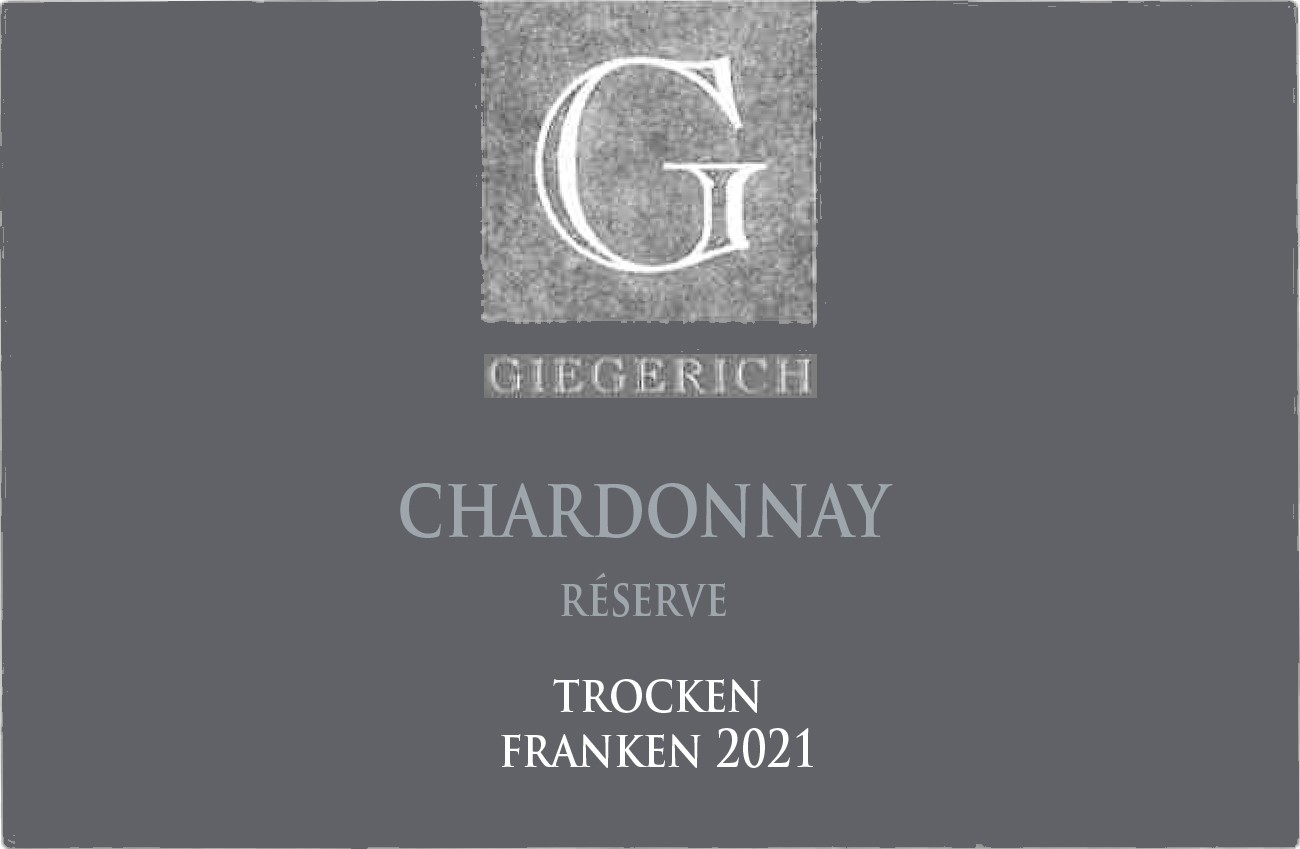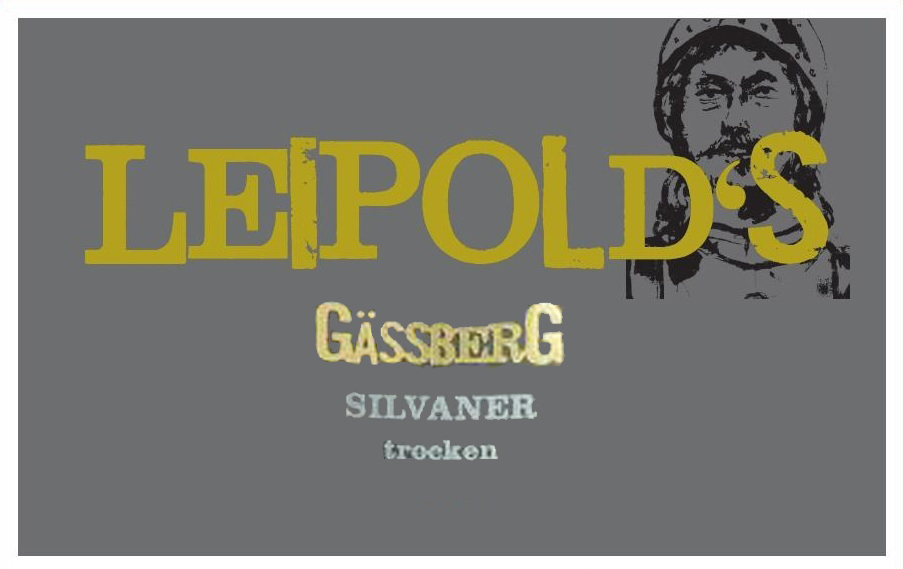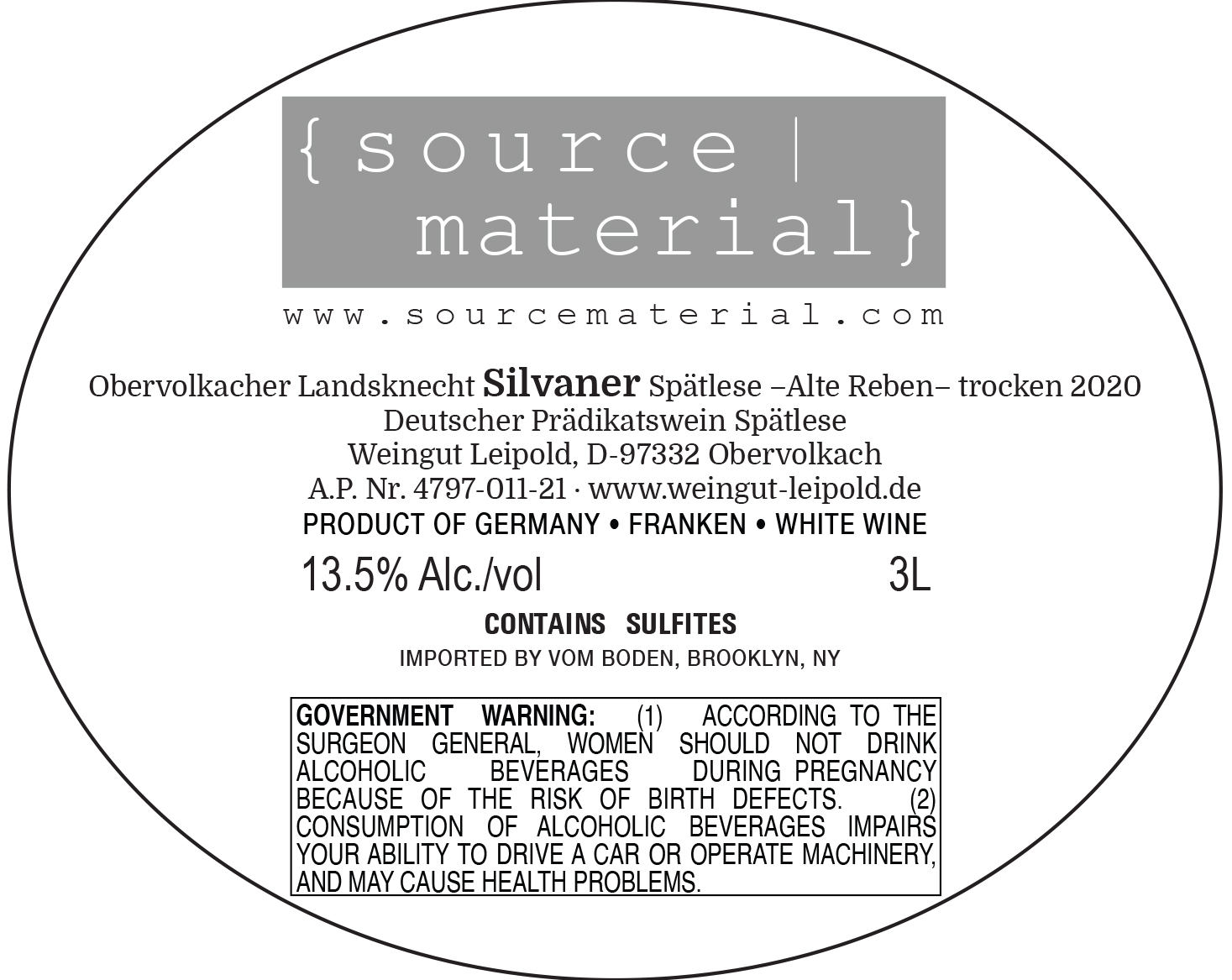Signature Franken Wine Styles & Grape Varieties
-
Silvaner: The true heart of Franken, Silvaner makes subtle, dry wines with pear, quince, and fresh herb notes, anchored by a signature mineral backbone.
-
Müller-Thurgau: Typically light and easygoing, but in top sites, this grape offers citrus and herbal flavors with unexpected depth.
-
Bacchus: Lively and aromatic, Bacchus shows elderflower, passionfruit, and grassy hints, similar to Sauvignon Blanc in style.
-
Spätburgunder (Pinot Noir): Grown in select vineyards, this red delivers delicate cherry, forest floor, and spice, often with a refined, Burgundian touch.
-
Riesling & Rieslaner: Riesling is fresh and mineral-driven, while Rieslaner excels in late-harvest sweet wines, balancing high acidity and richness.
For the finest dry wines, look for the VDP.Grosses Gewächs® (GG) label—Franken’s benchmark for quality and terroir expression.
Terroir of Franken
Franken's terroir and climate are a study in contrasts, deeply influencing the region's distinct wine styles. The cool continental climate, marked by chilly winters and a short growing season, challenges winegrowers but rewards them with grapes that maintain high acidity. This is crucial for the crisp, dry wines that define Franken's identity.
The Main River plays a pivotal role, moderating temperatures and reflecting sunlight onto the prized south-facing slopes. This creates favorable microclimates, essential for grape ripening. The diverse soils further enhance the region's unique character: Muschelkalk, Buntsandstein, and Keuper each impart distinct qualities to the wines. This geological trio shapes the minerality and flavor profiles of Silvaner, Spätburgunder, and more, offering a true expression of Franken's terroir.
Notable Wineries in Franken
Franken, a historic wine region, offers a captivating blend of traditional and modern wineries that reflect its rich viticultural heritage and innovative spirit. Key players include:
-
Bürgerspital zum Heiligen Geist: One of Germany's oldest estates, known for mineral-rich Silvaner and Riesling, presented in the classic Bocksbeutel bottle.
-
Juliusspital: Founded in 1576, this estate blends tradition with sustainable practices, producing versatile Silvaner from its extensive vineyards.
-
Weingut Rudolf Fürst: Renowned for elegant Spätburgunder with a Burgundian flair, crafted from red sandstone soils.
-
2Naturkinder: Part of the natural wine movement, focusing on minimal intervention and pure terroir expression.
These wineries exemplify Franken's dedication to quality and innovation, each contributing to the region's reputation for distinctive, terroir-driven wines.
Sustainable Winemaking in Franken
Franken, a historic wine region in Germany, is embracing sustainable winemaking practices to protect its unique terroir for future generations. Winemakers here focus on organic and biodynamic methods, ensuring the health of their vineyards while producing pure and authentic wines. Various certifications guide these efforts, such as Fair'n Green, Demeter, and Bioland, each emphasizing environmental protection and soil health.
Common sustainable practices include mechanical weeding, the use of cover crops to boost biodiversity, and natural composting to enrich the soil. In the cellar, many producers favor spontaneous fermentation and minimal sulfur, capturing the true essence of the grape. These steps reflect a deep commitment to sustainability, ensuring that Franken's distinctive wines continue to thrive while respecting the land's rich heritage.
Wine Tourism in Franken
Franken offers a wine tourism experience deeply rooted in its historic and cultural context. Visitors can explore the integration of viticulture into daily life, beginning in Würzburg, the baroque heart of the region. This city, with its UNESCO sites, serves as a gateway to the surrounding wine villages like Iphofen and Volkach, each offering a glimpse into medieval architecture and vibrant community celebrations.
-
Historic Cellars: Tours at Bürgerspital and Juliusspital reveal centuries-old winemaking traditions, often paired with tastings of their renowned Silvaner.
-
Weinfeste: Festivals such as the Volkacher Mainschleife highlight regional wines and local cuisine, fostering a lively cultural exchange.
-
Food Pairings: The region's wines, particularly Silvaner and Bacchus, pair seamlessly with local dishes, enhancing the gastronomic journey.



